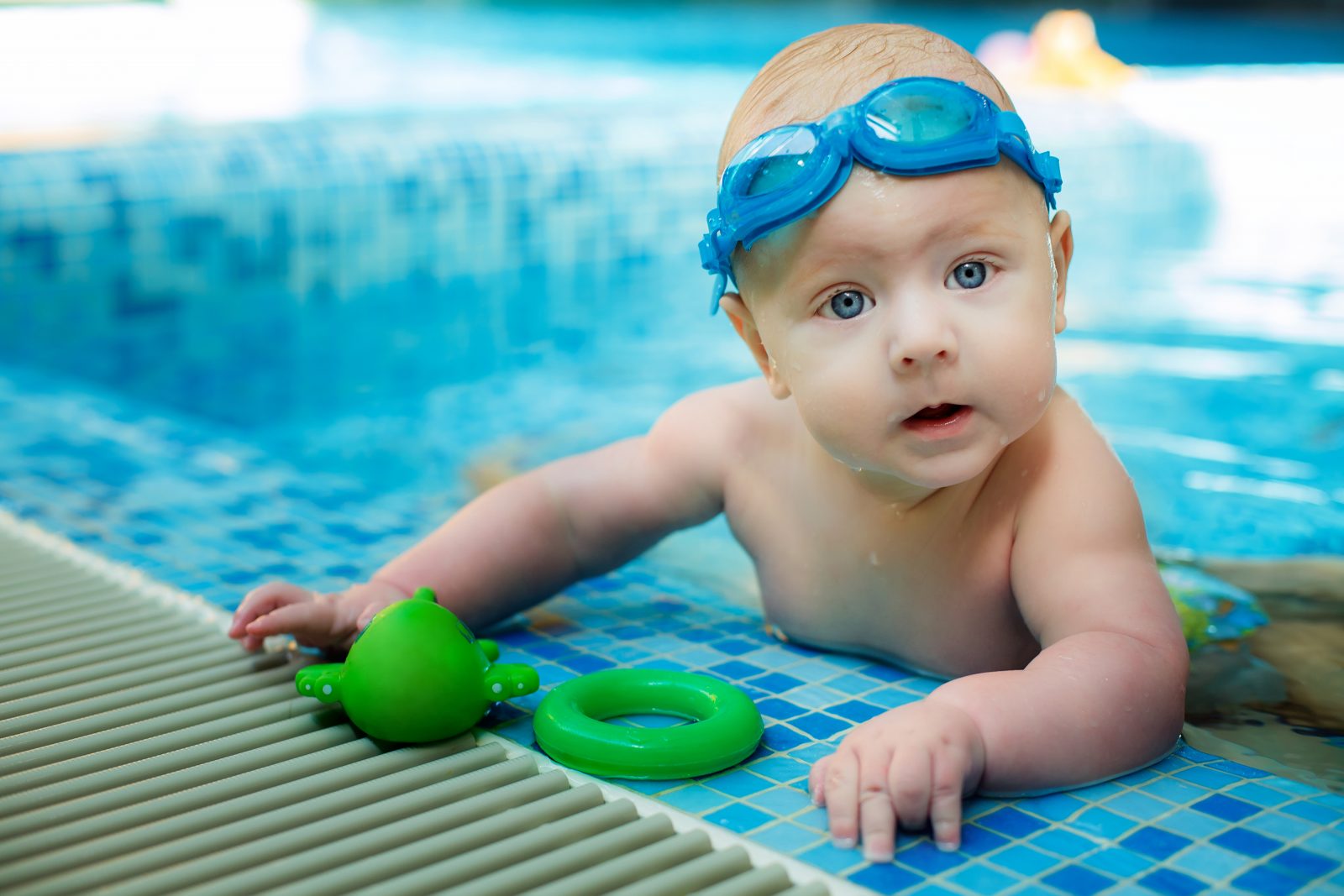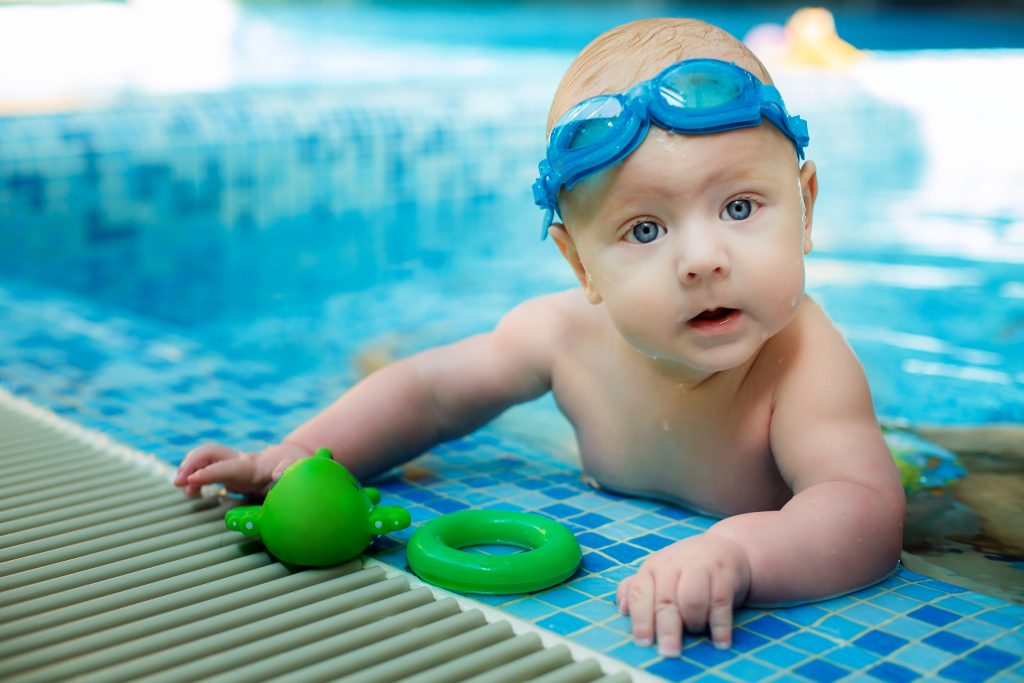Does Swimming Rebuild the Brain?


The list of known benefits of swimming continues to grow in rapid leaps and bounds. Recent research now indicates that swimming may foster neurogenesis — the growth of new neurons in the brain — new cognitive connections, and increased mental acuity. The evidence is so compelling, swimming is arguably the true “Fountain of Youth.”
By Eric Herman
Based on current scientific data, Juan Ponce de Leon, didn’t need to go all the way to Florida to find the “Fountain of Youth.” In all likelihood he just needed to go for a swim.
We know swimming is good for us, no question, but can you actually turn back the ravages of age by way of churning your way through water? In some respects, the answer appears to be yes.
Nothing will ever enable us go “Benjamin Button” and age backwards; not even with the healthiest exercise known to humankind. However, there is strong scientific evidence that swimming can actually reverse the degradation of aging in some very important respects – especially when it comes to the brain.
In a recent article published in The Conversation, neurobiologist, Seena Mathew, Phd., shared the latest research defining the amazing brain benefits of aquatic exercise. She writes: “If more adults recognized the cognitive and mental health benefits of swimming, they’d jump in the pool alongside their kids.”
As she points out, swimming has already been shown to improve memory, cognitive function, immune response and mood. On top of those profound benefits, new evidence indicates that swimming also repairs damage from stress and promotes the formation of new neural connections in the brain.
Contrary to the long-held view that neurons and synaptic connections in the brain are finite and once damaged are lost forever, medical science has evolved in its understanding of the brain, which paints a very different picture. Research into neurogenesis and neuroplasticity has in recent years shown that the brain does undergo, neurogenesis. Specifically, aerobic exercise generates proteins collectively known as brain-derived neurotrophic factor, presence of which has been conclusively linked to the size of the hippocampus, the part of the brain responsible for learning and memory.
As for swimming, the effect of exercise appears to be significantly magnified. Studies on rats indicate that swimming not only stimulates neurogenesis, it also inhibits apoptosis, or cell death. In people, researchers witness similar cognitive results. Mathew writes: “In one limited study looking at the impact of swimming on mental acuity in the elderly, researchers concluded that swimmers had improved mental speed and attention compared with non-swimmers.”
Another study on children found that swimming resulted in greater word recognition following swimming compared to other activities. Other benefits demonstrated by recent research include generation of micro-blood cells, cardio-genesis, and increased spinal density, both of which support brain function.
Clearly, more research is needed before anyone can reliably affix the term “Fountain of Youth” on swimming; but, based on what is known so far, the case for swimming as a way to push back against effects of aging is only growing stronger.










